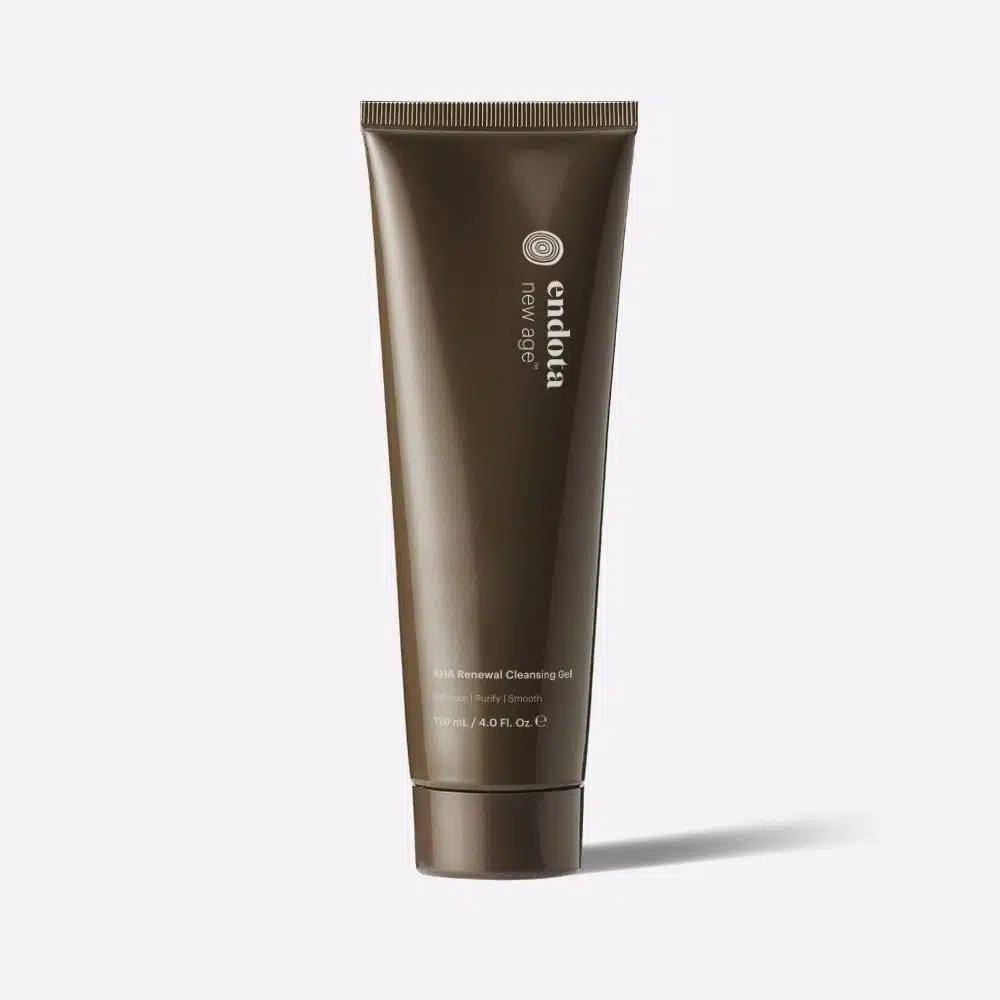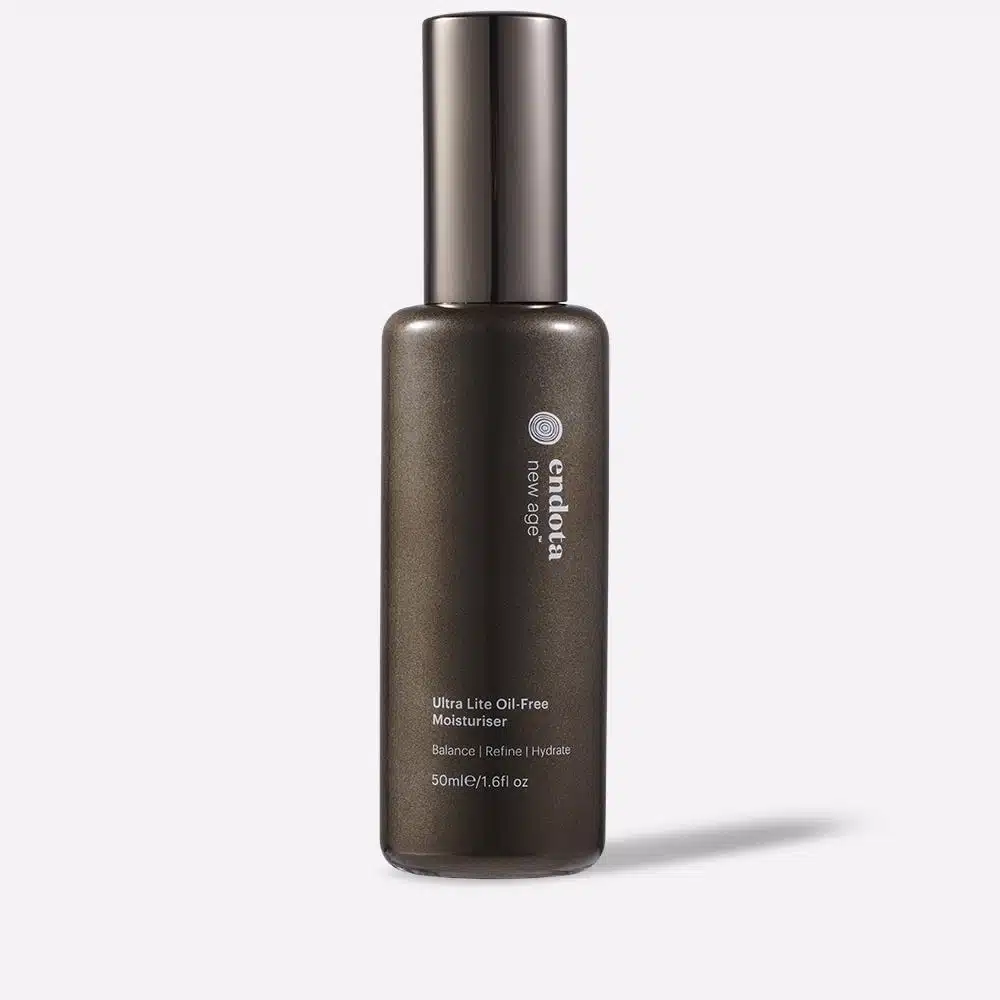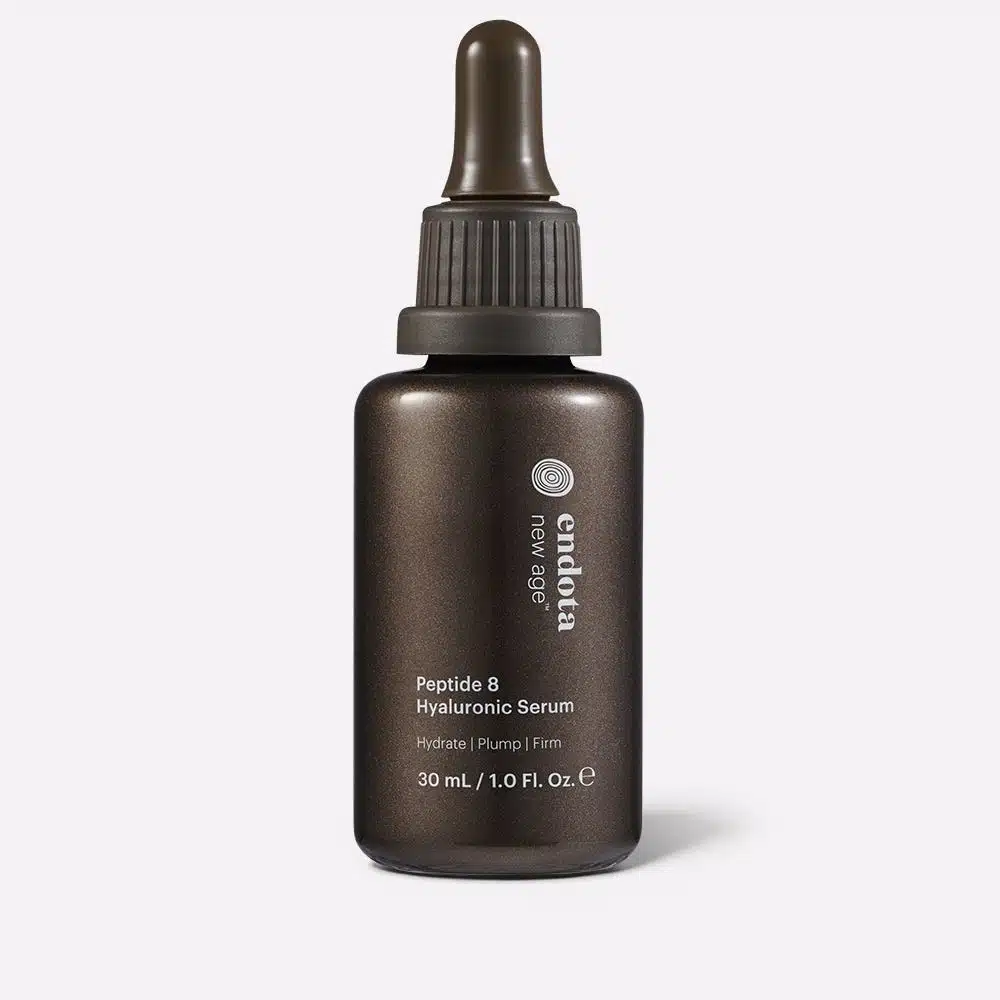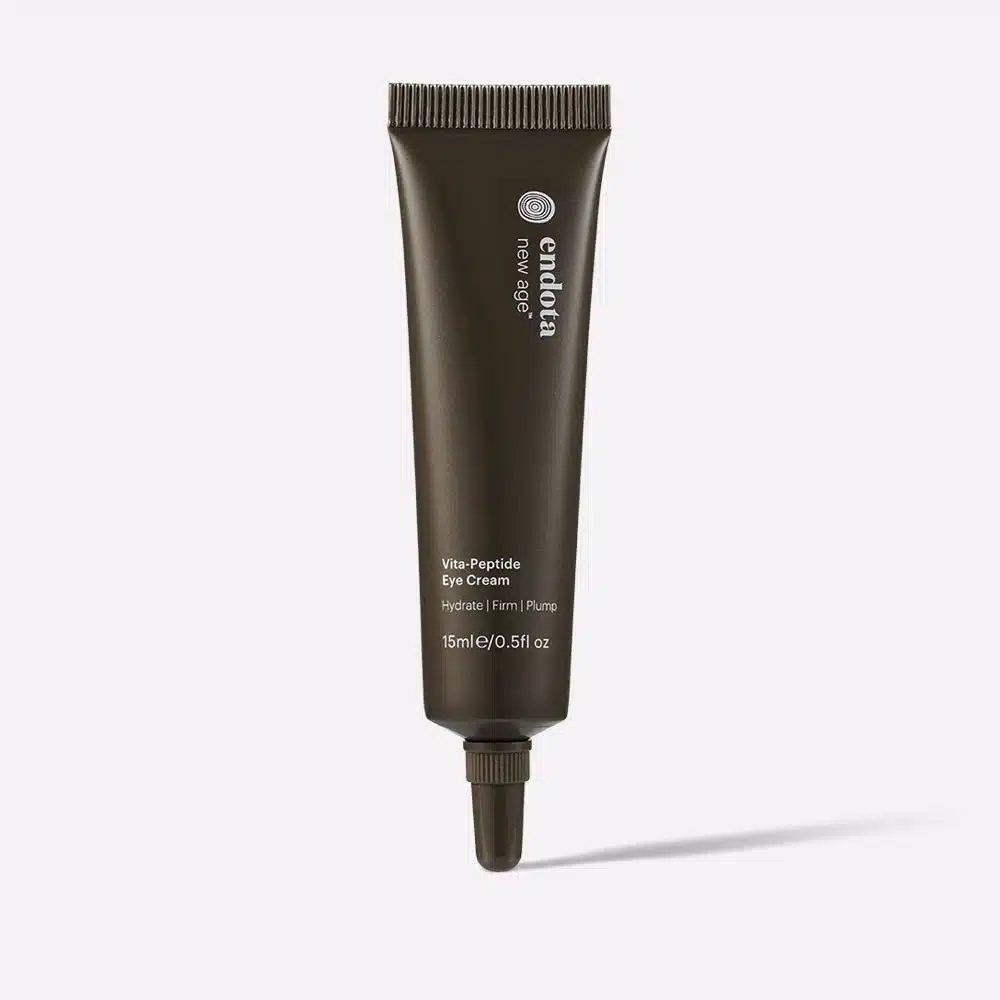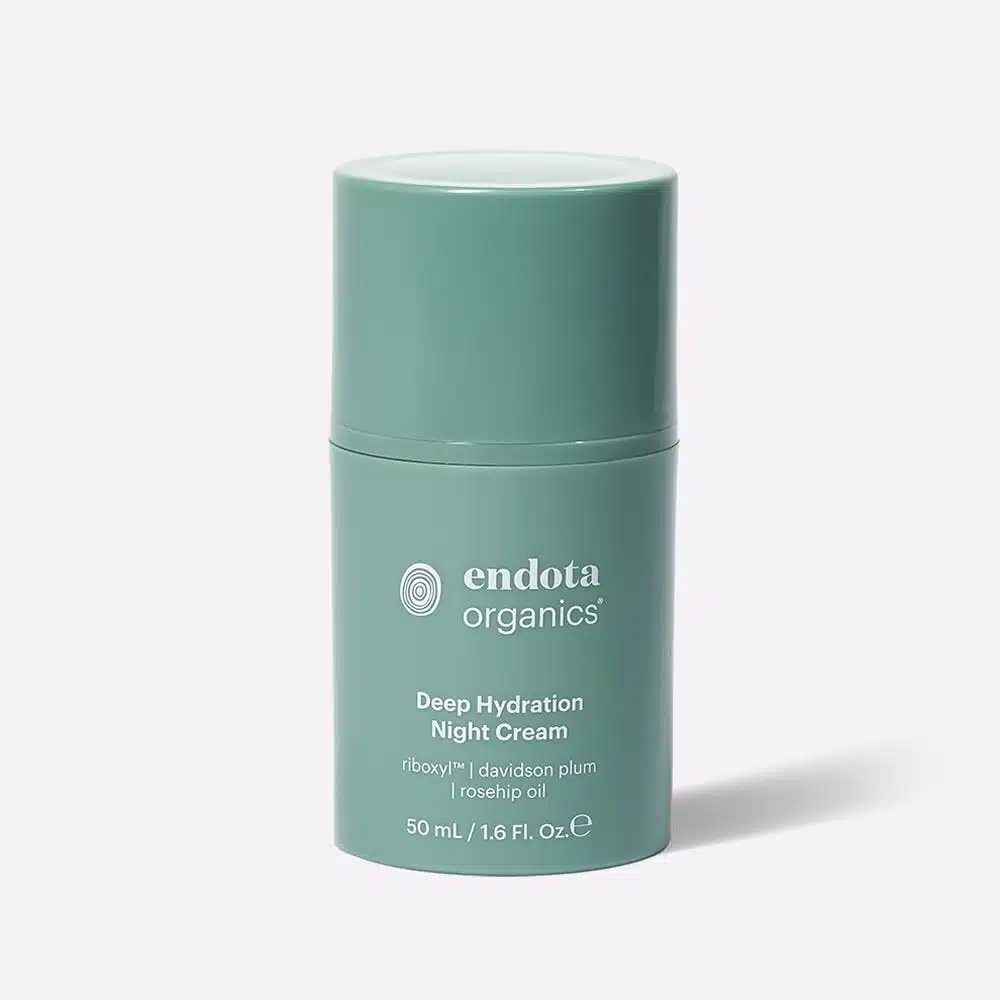As the adage goes, ‘Eyes are the windows to the soul’. Since eyes are the first thing people notice, keeping this area healthy, hydrated and radiant is essential. Cue in eye creams, which help our eyes look brighter, younger and livelier.
If you’ve been ‘eyeing’ off an eye cream lately but are still on the fence, here’s everything you need to know about eye creams before taking the plunge.
what is eye cream and what does eye cream do?
Eye creams are specially formulated to target specific concerns in the eye area. Often these eye creams will contain a blend of nourishing ingredients including peptides, antioxidants and potent actives that target skin concerns such as dark circles in the undereye, fine lines, wrinkles, dryness, puffiness and more.
eye cream versus face moisturiser
Although it makes sense to assume that skin is skin, the truth is that the eye area has thinner and more delicate skin than the rest of the body. That’s why the first signs of ageing tend to show up around your eyes first, usually in fine lines, wrinkles, dark circles and puffiness.
While using your favourite face moisturiser can help alleviate dryness and provide hydration; it may have active ingredients like exfoliating acids that are not suitable for the eye area. Eye creams, on the other hand, differ from face moisturisers in that while they may have active ingredients, they’re formulated to be suitable and non-irritating to the eye area.
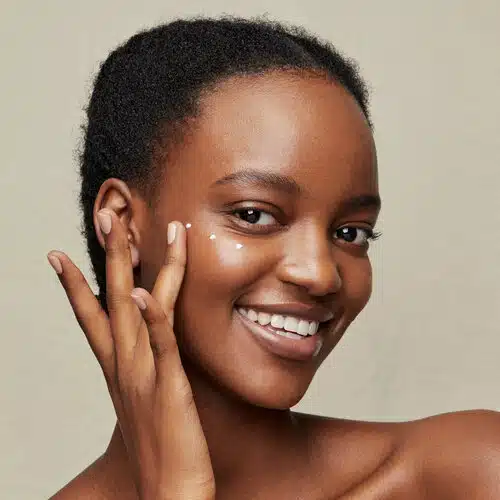
when should you start using eye cream?
While there isn’t a set age to start using an eye cream, we typically recommend utilising eye creams from your early twenties. That’s when signs of ageing really begin to gain momentum and show up on your face, so prevention through skincare is key.
If you’re in your early twenties, eye creams focusing on hydration and protection will serve you well. Look out for deeply hydrating ingredients like hyaluronic acid, glycerin and vitamin E.
Similarly if you’re in your thirties, eye creams that focus on anti-ageing and firmness will benefit you in the long run. Invest in eye creams with potent ingredients like vitamin A, vitamin E and peptides.
where does an eye cream fit in your skincare routine?
Your eye cream can be used morning and night, after cleansing but before applying your moisturiser. With our endota products, your skincare routine may look like this:
morning skincare routine with face eye cream
evening skincare routine with eye cream
why use different eye creams in the morning versus night
Should you be using different eye creams in the morning and evening? While not mandatory, your eyes will benefit from the different textures and ingredients.
For example, in the morning it’s best to use a light eye cream with nourishing ingredients that hydrate and protect the delicate eye area from dryness throughout the day. Whereas in the evening, we recommend a thicker eye cream with reparative ingredients like vitamin A and E to help reduce puffiness, dark circles and fine lines.
how to apply eye cream
A little goes a long way with eye cream. Due to the thinness of the skin around your eyes, being gentle in your application is key.
Begin by applying a small amount of eye cream to the tips of your ring fingers (which exerts the least amount of pressure when in use).
Starting from the inner corner of your eye and moving towards the outer corner, lightly dab the product with your ring fingers around the orbital bone of your eyes until it is fully absorbed. Avoid tugging or rubbing the eye cream into your skin. Follow up with your favourite moisturiser.

which eye cream is best for you?
At endota, we have a range of eye creams to suit different concerns. To help you in your decision-making, here’s which eye creams work best for particular skin concerns:
evening skincare routine with face oil
We recommend: Vita-Peptide Eye Cream
Ultra-hydrating and enriched with firming peptides plus vitamins A and E, our Vita-Peptide Eye Cream acts as a shield against free radicals and environmental stress while improving skin elasticity, radiance and the appearance of dark circles.
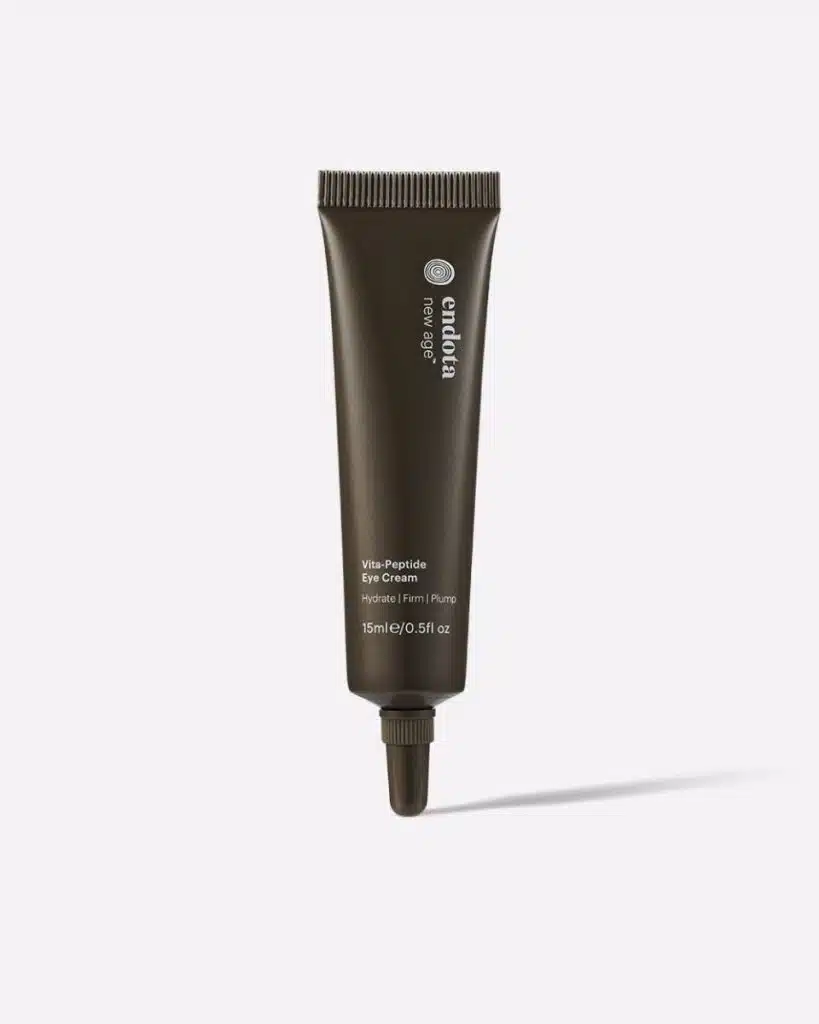
evening skincare routine with face oil
We recommend: Triple Defence Eye Cream
This advanced formulation feels light on the skin but packs a powerful punch of anti-ageing ingredients including wrinkle-smoothing peptides, skin-lightening eyedeline™ and energising caffeine. It assists in reviving tired eyes, refreshing the eye contours and strengthening skin elasticity to keep the eye area firmer, smoother and more lifted for younger-looking skin.
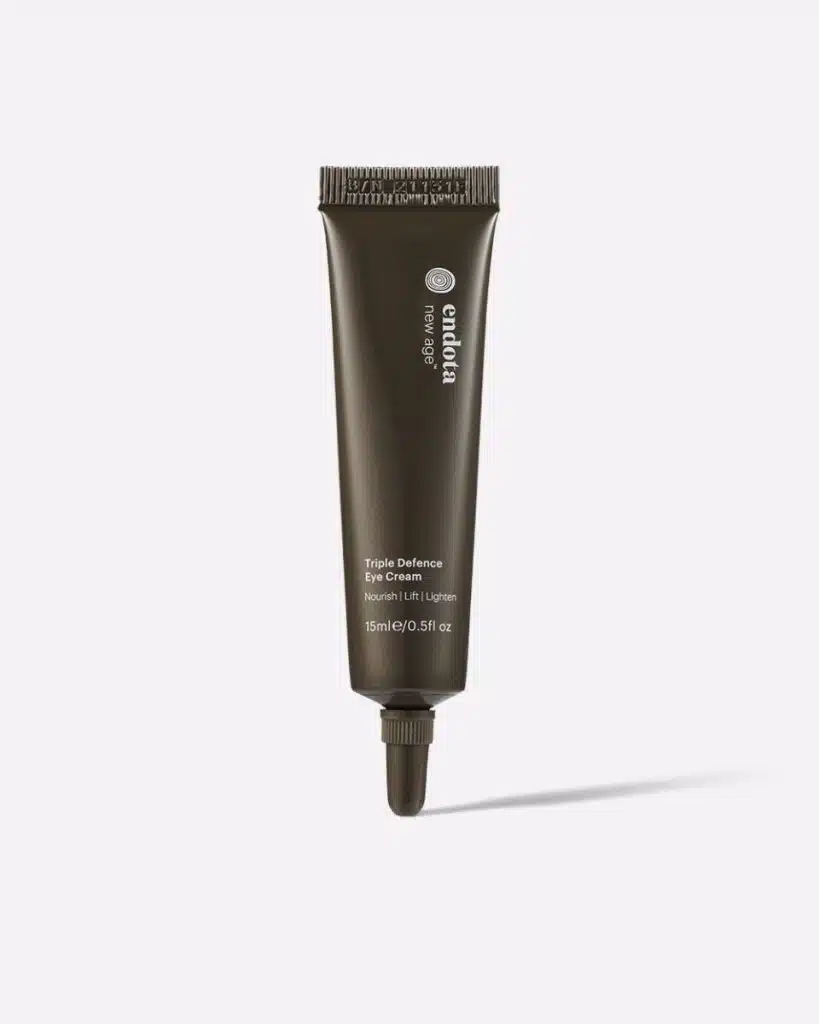
best eye cream for dryness
We recommend: Advanced Eye Cream
COSMOS-Certified Organic and enriched with natural antioxidants, our Advanced Eye Cream is abundant in natural Vitamin E and pure, moisture-rich ingredients including amla berry, aloe vera and chamomile. Its light texture helps to soften fine lines and brighten the skin around your eyes.
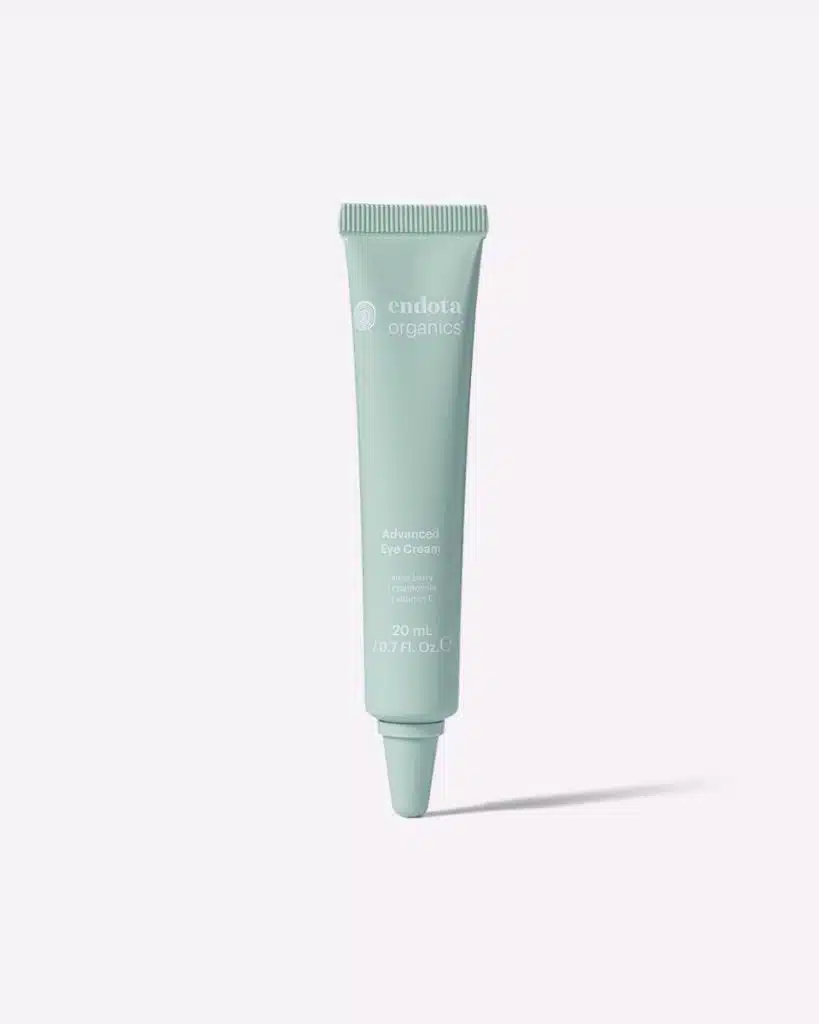
best eye cream for sensitive skin
We recommend: Sensitive Eye Revival Gel
Our Sensitive Eye Revival Gel is the perfect companion for sensitive skin, formulated with anti-ageing actives and calming botanical extracts. The gel consistency feels soothing upon application, gently hydrating delicate skin while penetrating deep to smooth out fine lines and protect your skin barrier.
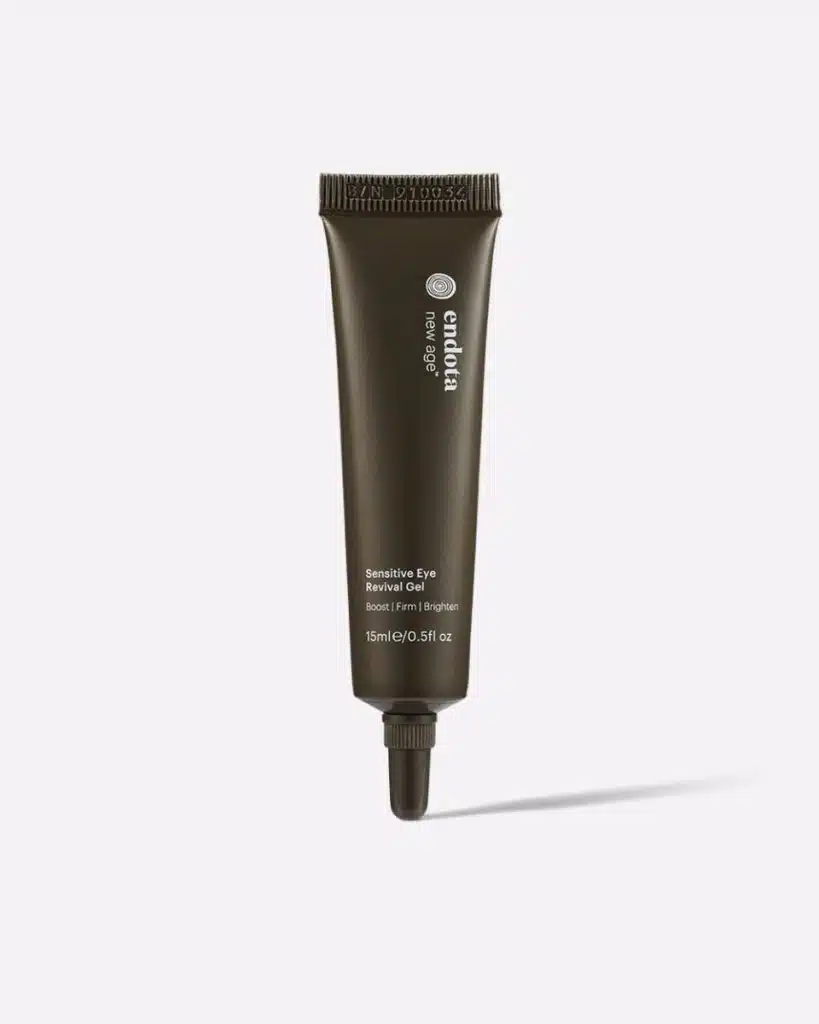
best eye cream for puffiness
We recommend: Brightening Eye Oil
While not a cream texture, our Brightening Eye Oil harnesses natural ingredients to help reduce puffiness, dark circles and dryness. Argan oil softens skin, Italine G reduces puffiness and camellia tea promotes a fresher-looking complexion. The roller ball applicator also helps stimulate circulation around the eye area, smoothing puffiness and giving eyes a brighter, more luminous look.

best eye product for weekly deep nourishment
We recommend: Brightening Hydrogel Eye Mask
Eye masks are a great weekly skincare ritual to deeply nourish tired eyes. Our Brightening Hydrogel Eye Mask features a refreshing mix of hyaluronic acid, caffeine and nurturing plant actives like centella asiatica extract – all working in harmony to brighten the delicate skin around your eyes, boosting circulation and visibly reducing the signs of ageing.

